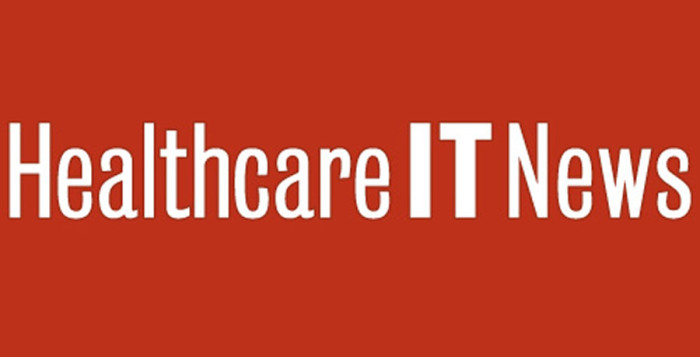The Joint Commission announced this week that it’s working with the Coalition for Health AI on a new collaboration to develop a set of healthcare AI best practices and promote their adoption at hospitals and health systems nationwide.
WHY IT MATTERS
TJC, which sets healthcare standards and accredits more than 23,000 healthcare organizations across the U.S., says it will work with CHAI – a nonprofit founded by an array of providers and technology developers to spur standards for responsible AI – to co-develop new tools and playbooks toward those goals.
They’ll also create a “new certification program rooted in The Joint Commission’s platform for evidence-based standards, and CHAI’s consensus-based best practices for health AI,” according to the announcement.
They said the first guidance will be available in fall of 2025, with the AI cert program to follow.
THE LARGER TREND
The two groups point to recent research that shows adoption of AI in healthcare is proliferating across a wide array of use cases, from workflow automation to predictive analytics, patient monitoring to drug approvals. Some 46% of American healthcare organizations are in initial implementation of generative AI, they note.
But approaches to AI implementation still vary widely, and health systems are seeking concrete guidance to help to “protect their staff, patients and operations,” according to TJC and CHAI.
“This effort between The Joint Commission and the Coalition for Health AI represents a thoughtful approach to navigating how to best deploy and implement these emerging technologies,” said Dr. Michael Pfeffer, chief information and digital officer at Stanford Health Care, in a statement
“This partnership, the guidance, tools and certification it aims to provide will help accelerate innovation, mitigate risk, and enable healthcare organizations to fully leverage AI’s potential to improve patient outcomes and clinician workflows,” he added.
ON THE RECORD
“In the decade ahead, nothing has the capacity to change healthcare more than AI in terms of innovation, transformation and disruption,” said Dr. Jonathan B. Perlin, president and CEO of The Joint Commission. “While it’s impossible to predict exactly what healthcare will look like over that time, AI’s integration and potential to improve quality patient care is enormous – but only if we do it right.”
“Partnering with The Joint Commission means we can help healthcare organizations utilize AI and the many benefits these new technologies bring, at a scale we have never been able to achieve before,” added Dr. Brian Anderson, president and CEO of CHAI. “Together, we’re leading the transformation of data-driven healthcare, one where AI is embedded into every healthcare program – regardless of population, geographic area, or resources – to elevate patient safety and quality, and ultimately improve health outcomes for all.”










